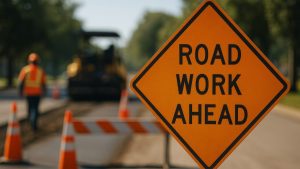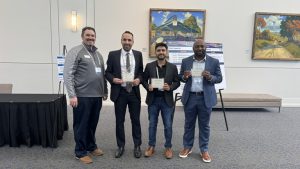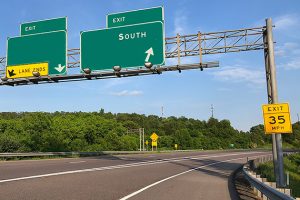
Oct. 9, 2025
Meet the AI assistant designed to make work zones safer
Work Zone Assistant is a chatbot programmed by Mizzou engineers for transportation professionals.

June 18, 2025
PhD student places third at ITS Heartland research competition
Sayedomidreza “Omid” Davami, a PhD student in civil engineering, won third place in the research poster competition at the ITS Heartland 2025 Annual Meeting.

March 24, 2025
Researchers using lidar and AI to advance transportation engineering and safety
Mizzou engineers are using advanced technology to help make our roads safer by better understanding how pedestrians, cyclists and vehicles interact.

June 9, 2023
Civil Engineering team develops realistic artificial data set for road safety studies
A Mizzou Engineering team is hoping artificial intelligence (AI) can be leveraged to prevent vehicle crashes in the future. To that end, they’ve developed realistic artificial data sets (RAD) that can be used to train machines to predict the factors that cause wrecks. These data sets are now available through the U.S. Department of Transportation. The three-year $1.1M project was supported by the US DOT’s Exploratory Advance Research Program.